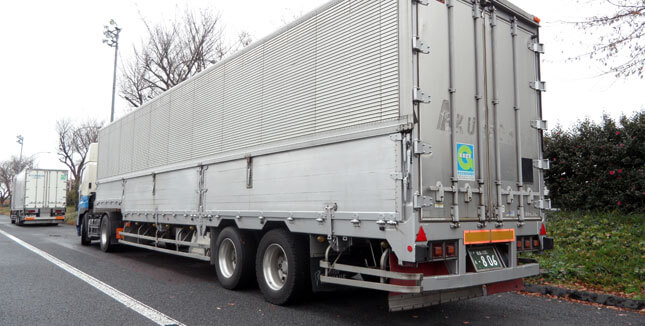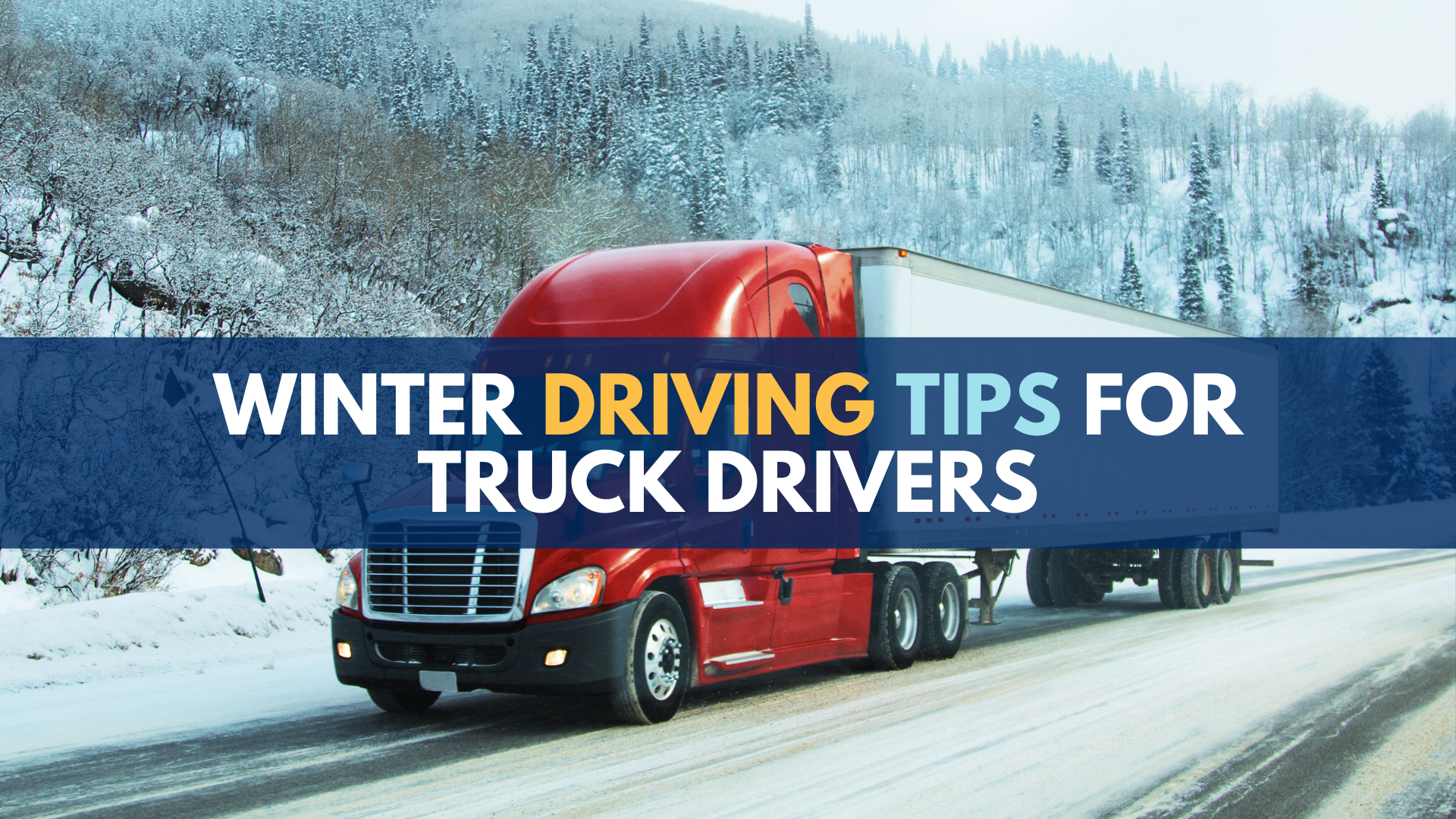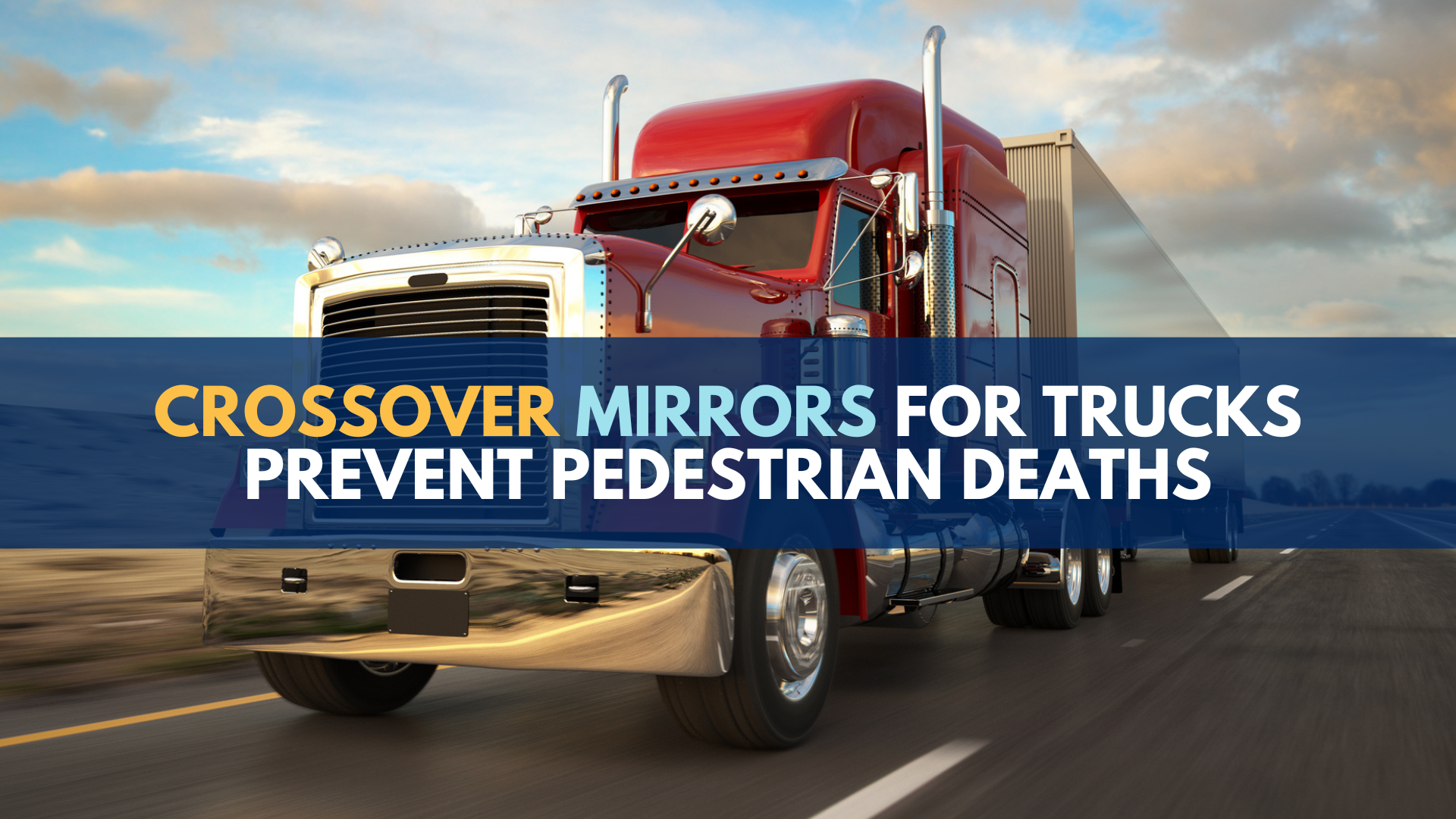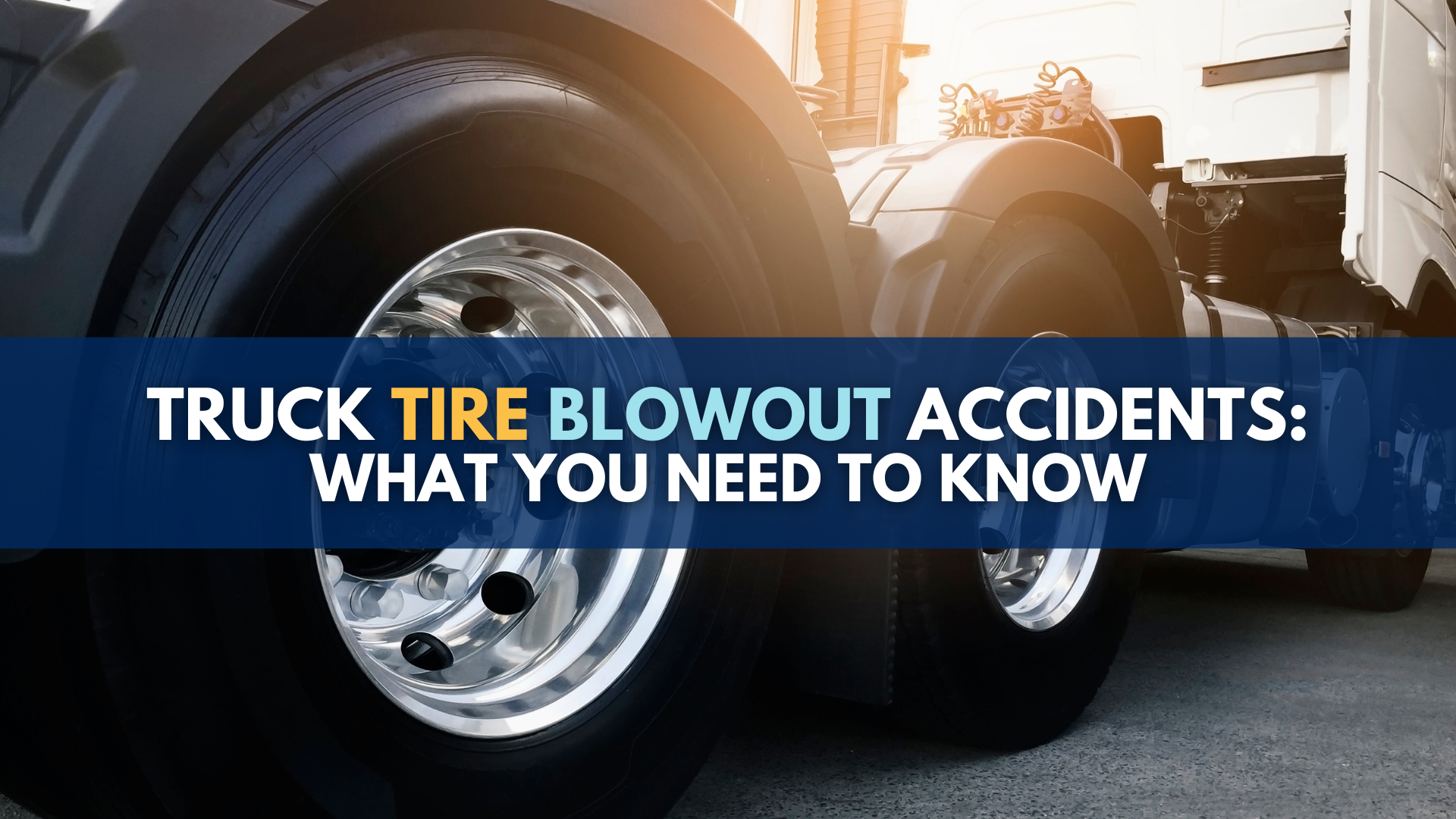
I’m excited to announce an important development in truck safety: Boston is now the first city in the U.S. requiring side guards on large trucks either owned by the city or city-contracted, to prevent serious injury and death to bicyclists and pedestrians.
As a truck accident attorney, I’m looking forward to helping expand this law to other states. I’m co-founder of the Truck Accident Attorneys Roundtable, a national truck accident law firm that handles catastrophic truck lawsuits. I’m also on the board of the Association of Plaintiff Interstate Trucking Lawyers of America. In this capacity, I work with attorneys throughout the country on preventing accidents by improving trucking litigation, so dangerous truck companies that put profits over safety are held accountable when they hurt and kill people.
Boston piloted the ordinance with its own trucks last year at a cost of $1,800 per truck.
Kris Carter, a program director of New Urban Mechanics in the Boston mayor’s office told the Boston Globe,
“Between the front wheels and the rear wheels of a truck . . . there’s a big cavity there… So what this does is put something in the way of that open hole.”
In other words, with the barriers, truck accidents that would result in violent fatalities would simply cause injuries.
That’s the same message our own attorney Kevin Seiferheld recently told Fox 2 news, after two recent rear end truck accidents in metro Detroit.
Kevin discussed truck underride guards, which are similar to the side guards. A truck underride guard is a metal bar or bars that hang down from the bottom rear of a commercial truck’s trailer to prevent cars from slipping underneath. Side guards hang from the side.
Kevin told Fox 2, “If the cars aren’t able to go underneath the trucks, we don’t have these types of fatalities.”
The Boston ordinance requires vehicles over 10,000 pounds — and tractor-trailers with a combined weight over 26,000 pounds — to have guards no higher than 21.5 inches from the ground and able to withstand a force of up to 400 pounds.
The ordinance also requires mirrors to provide truckers with better visibility.
I’ve written about truck accident fatalities involving pedestrians and bicyclists due to the trucker’s “no zone” blind spot. If the trucker does not look ahead, then there can be a large blind spot directly in front of and to the immediate left and right of the cab. Like Boston is addressing, the use of additional mirrors can help prevent these types of accidents, that leave pedestrians and bicyclists so vulnerable.
Crossover mirrors are a simple, $100 to $250 cost that eliminates this “no zone” blind spot. The mirrors are designed so that any person who is at least three feet tall and at least one foot away from the front of the cab can be seen by the truck driver in the mirror. These mirrors are a simple, cost-effective solution that eliminates blind spots that could otherwise exist every time a truck makes a stop at a traffic light or stop sign on a city street.
In Boston, non-compliant trucks will face fines from $100 for a first offense, all the way to potential termination of the city contract.
I would also like to remind our readers, many of whom are truck drivers, that no one is blaming the truck drivers when a passenger car hits or rear ends a semi tractor-trailer. However, the problem that exists is we know with statistical certainty that many truck underride crashes are going to occur each year. We also know that a truck underride and side guards – relatively inexpensive pieces of equipment and the same type that are mandated by law in Europe, Asia and South America – would save many lives if enacted by law here in the U.S.
This is not an issue of fault, but of saving lives when truck accidents will inevitably occur.


